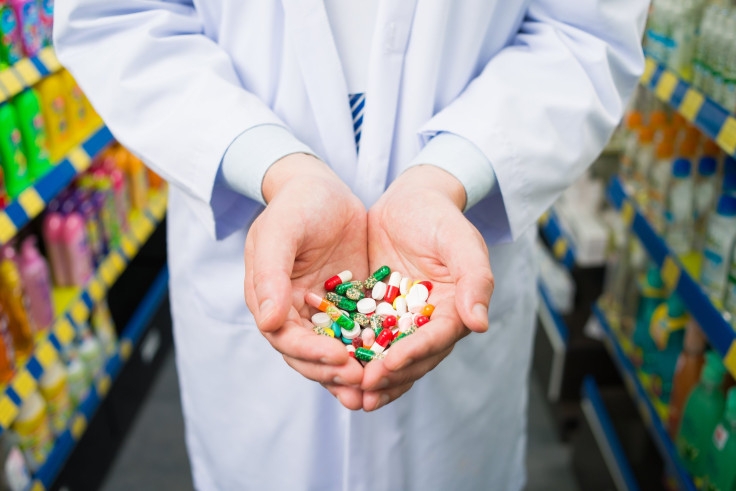LSD Gets Revived For Drug's Psychiatric Benefits, Pushing Sale In Pharmacies Over Street

Most illegal drugs on the street were originally developed for medical purposes. For LSD, one of the most famous of these illegal drugs, it may soon be time to come out from the shadows of back alley purchases and take its rightful place on a doctor’s prescription pad. Researchers have begun to once again explore the effects of LSD on various psychological problems, and this year the drug received its first clinical trial in over 40 years.
LSD, which is short for lysergic acid diethylamide, was first synthesized in 1938 by the Swiss chemist Albert Hoffman. It was primarily used in psychotherapy to assist with the treatment of conditions, such as alcoholism and neurosis. LSD’s fall from grace occurred in 1971, when the drug was banned in the U.S. after finding that it had no accepted medical use. Although using LSD for research purposes was excluded from this ban, the drug largely lost popularity in the medical world, until now.
LSD is once again at the forefront of medical research. In a study from Imperial College London, a team gave 10 healthy volunteers two injections of a moderate dose of LSD or a placebo, two weeks apart, New Scientist reported. The volunteers were then asked to lie down and relax as researchers attempted to mimic hypnotherapy. They were asked to “think along” with vivid descriptions of scenery and situations, such as eating an orange and relaxing on a shore.
The volunteers administered LSD rated their experiences as 20 percent more vivid than those who had been administered the placebo. While the findings themselves are not all that remarkable, the fact that the drug is being studied by the number four university in the UK for 2015 is.
In another European study, this time in Switzerland, researchers once again completed a two double-blind study where volunteers were either administered low doses of LSD or a placebo. The study’s purpose was to see the effects the drug had on anxiety associated with the diagnosis of a life-threatening illness. Results showed that those administered LSD had positive trends in the reduction of anxiety after two sessions.
Most importantly, the researchers also noted that there were no severe side effects of the treatment. "The mind on LSD is easily able to make connections between ideas and thoughts," said lead researcher Peter Gasser.
These findings, though small, set the groundwork for future studies of LSD’s medicinal uses and may pave the way for the drug’s eventual reintroduction to your local pharmacy.



























